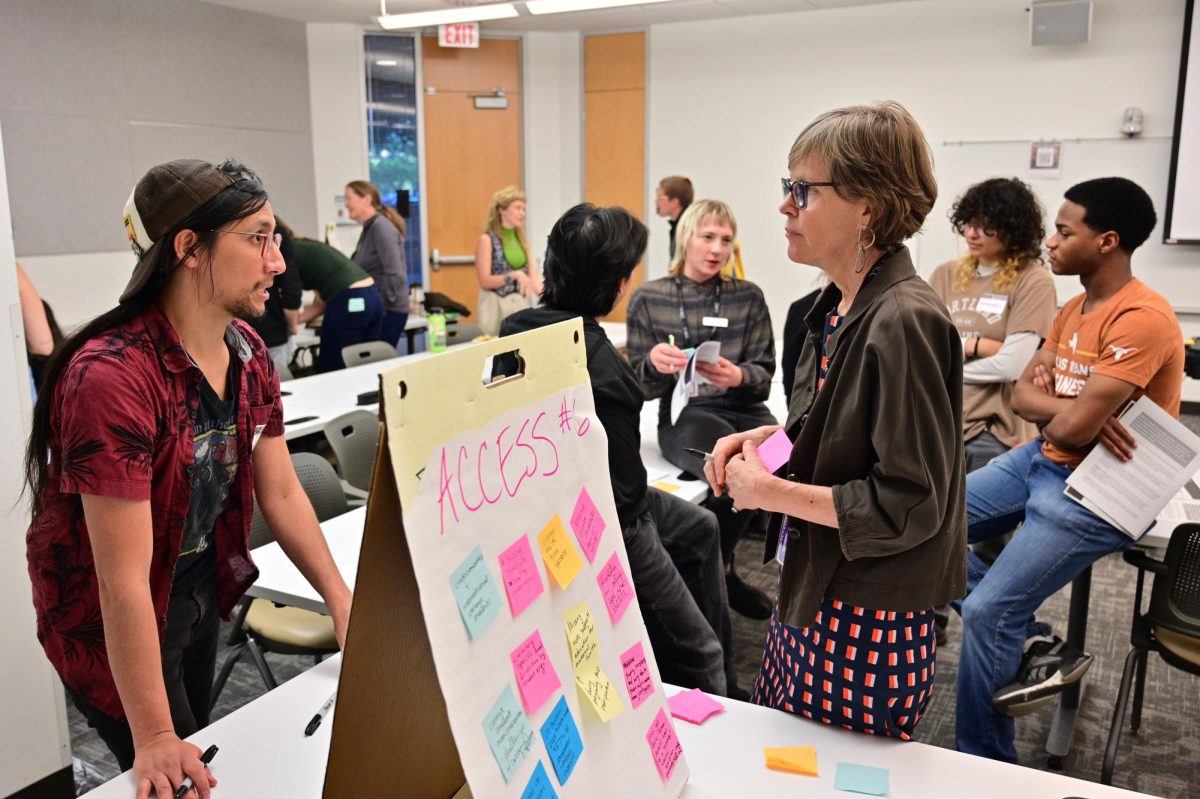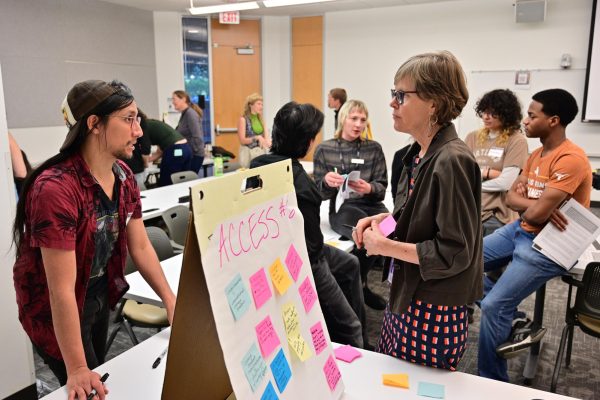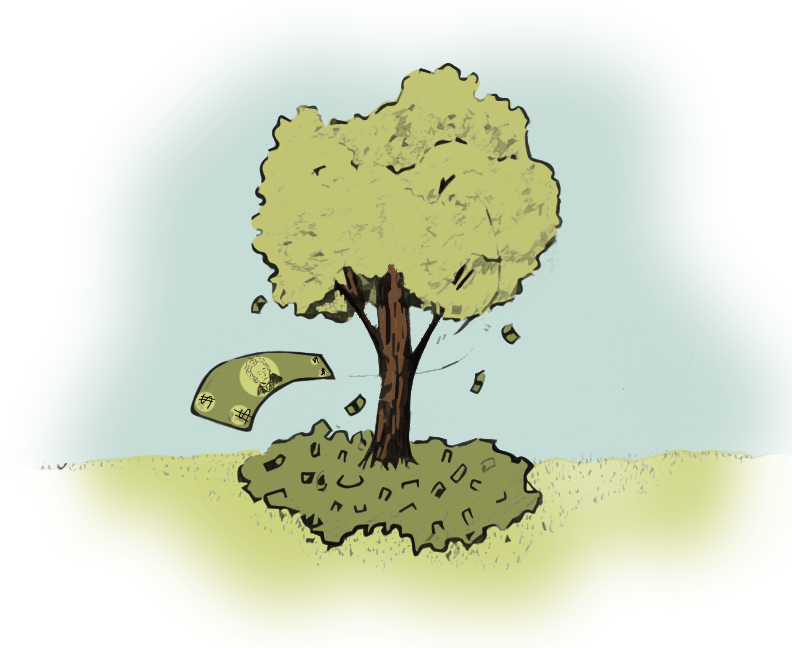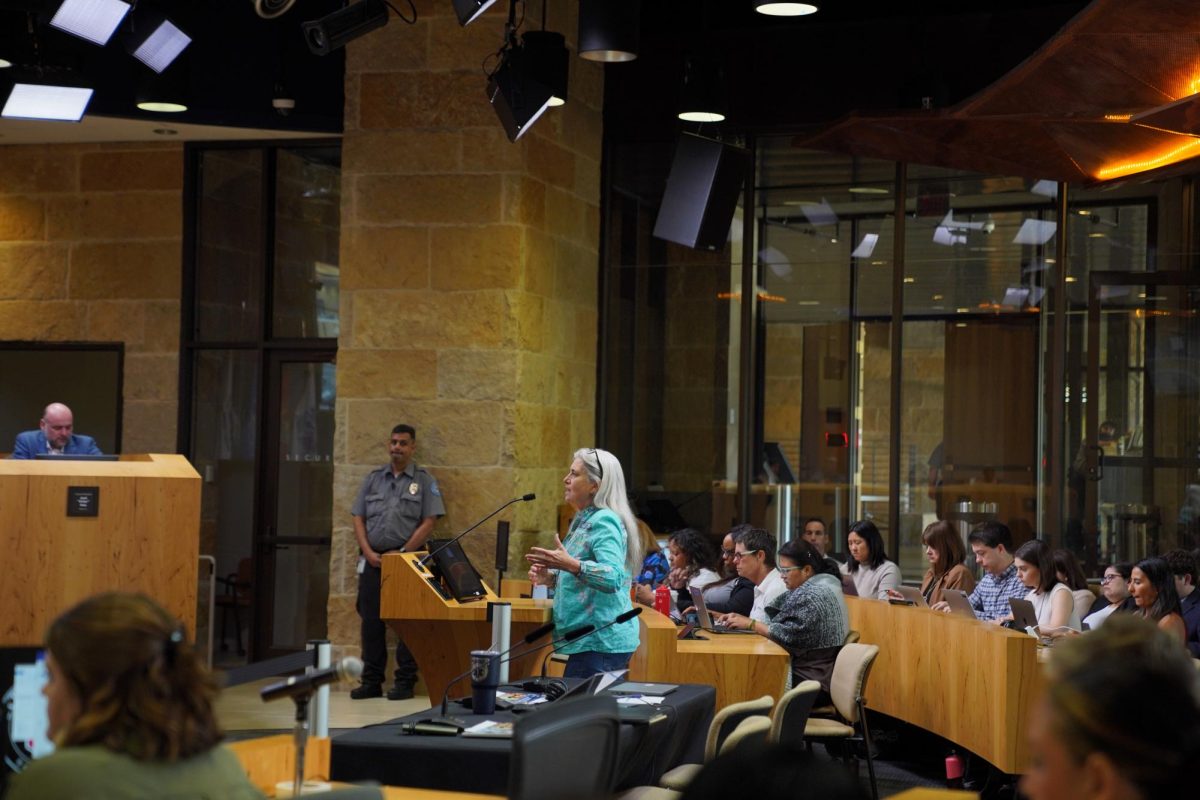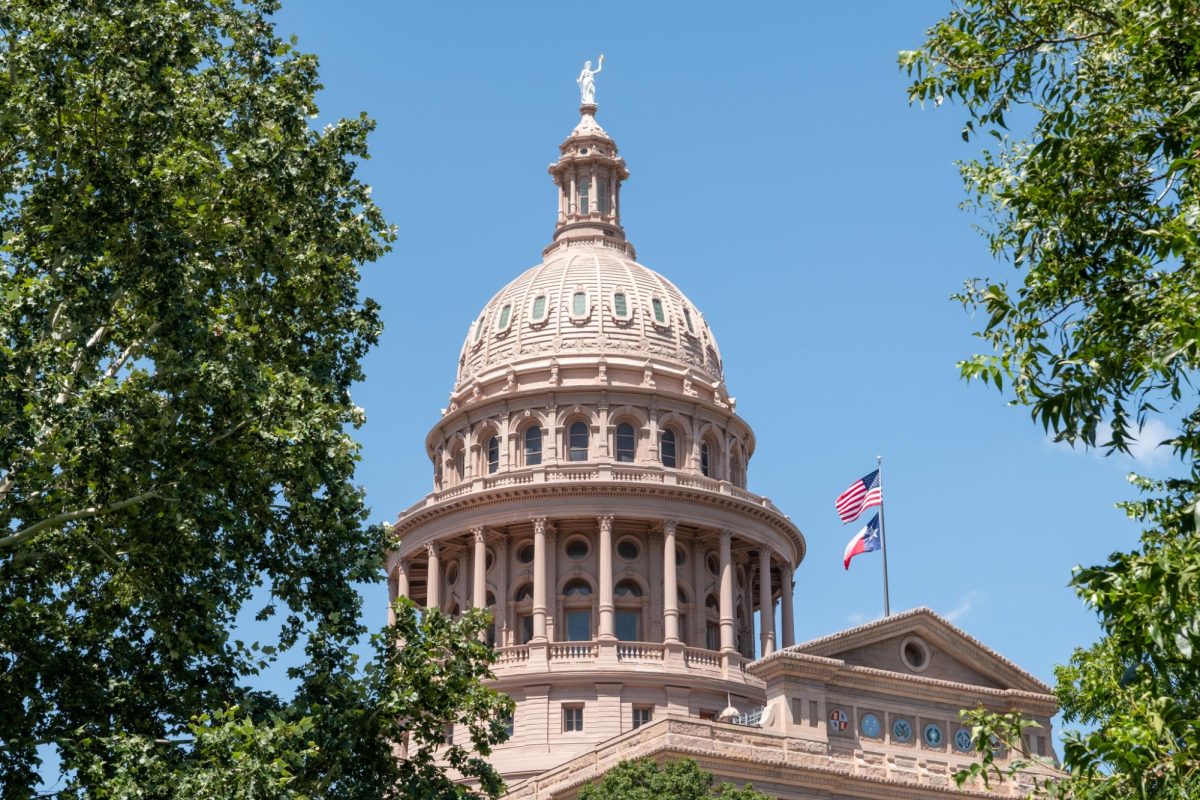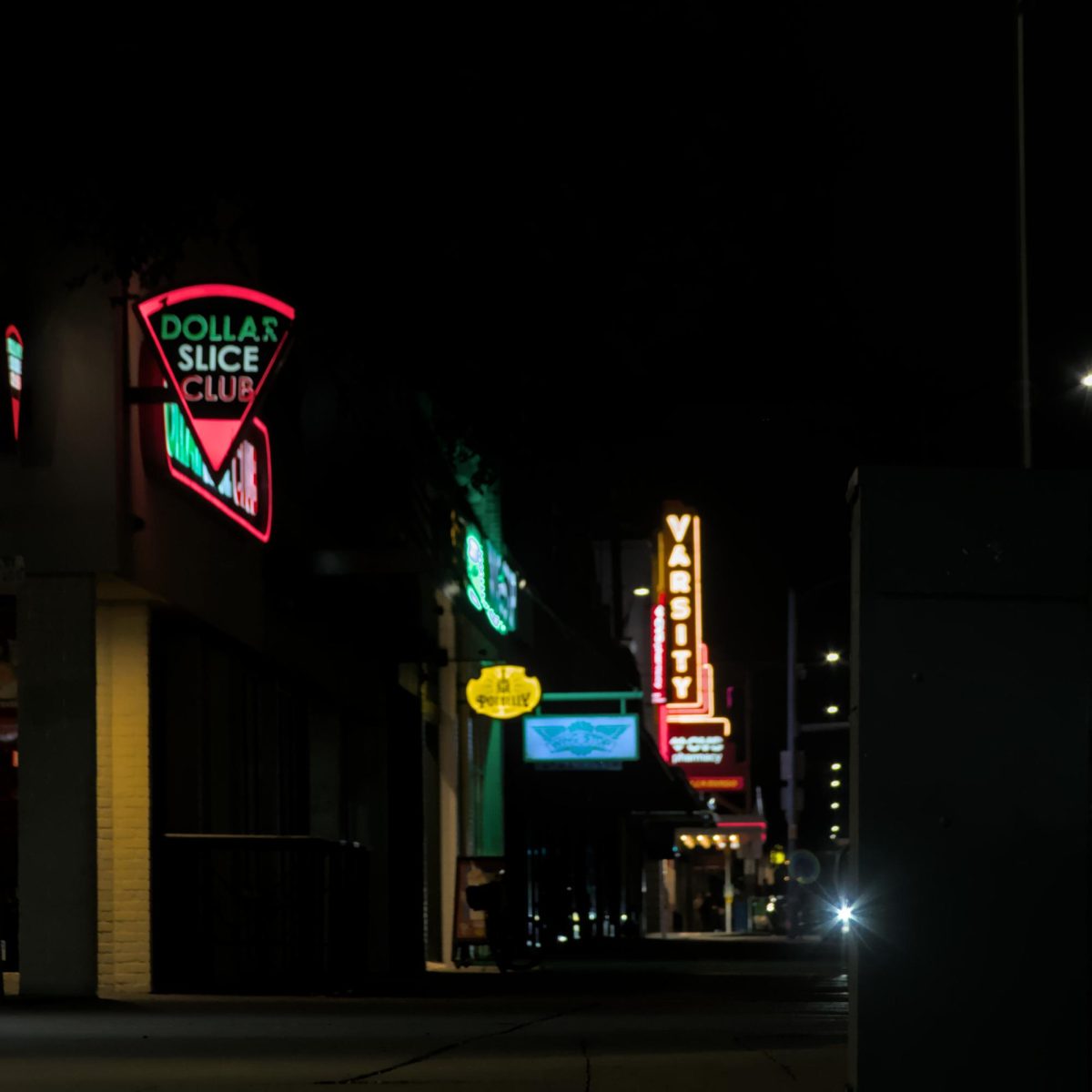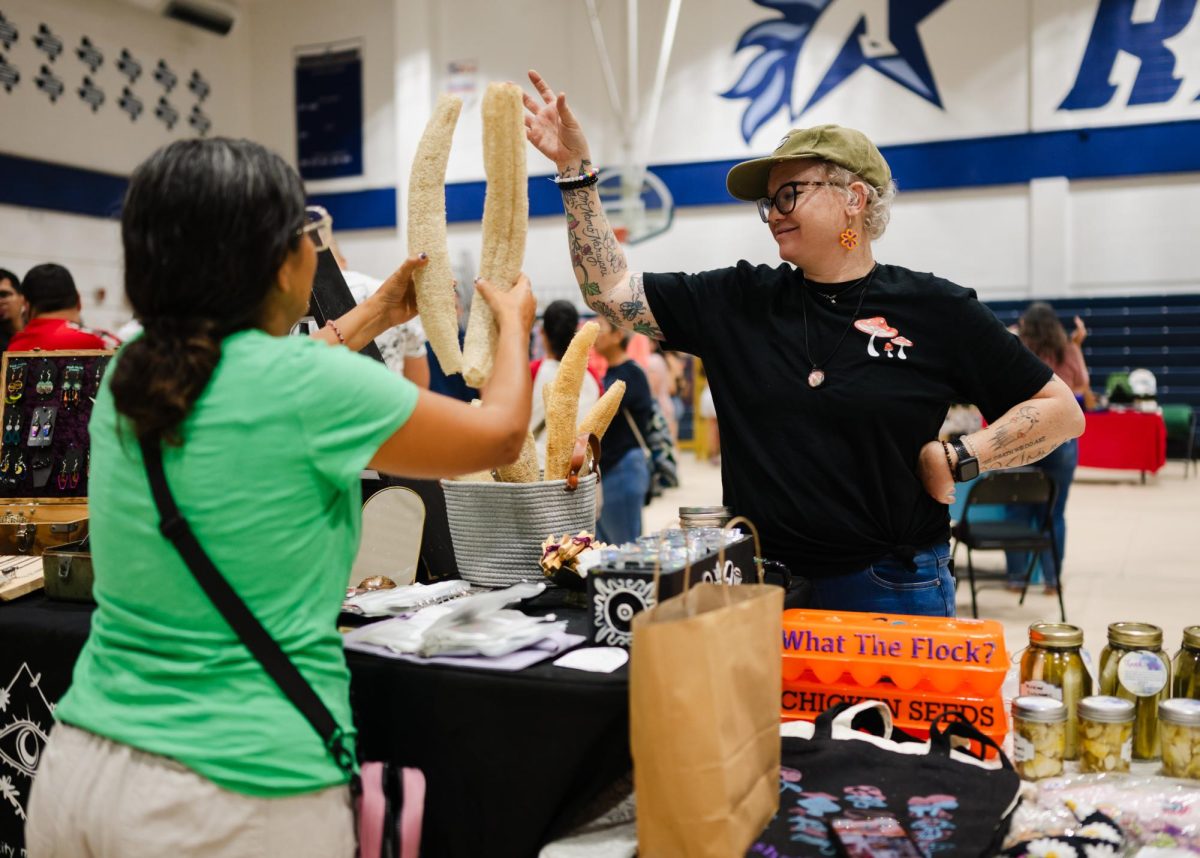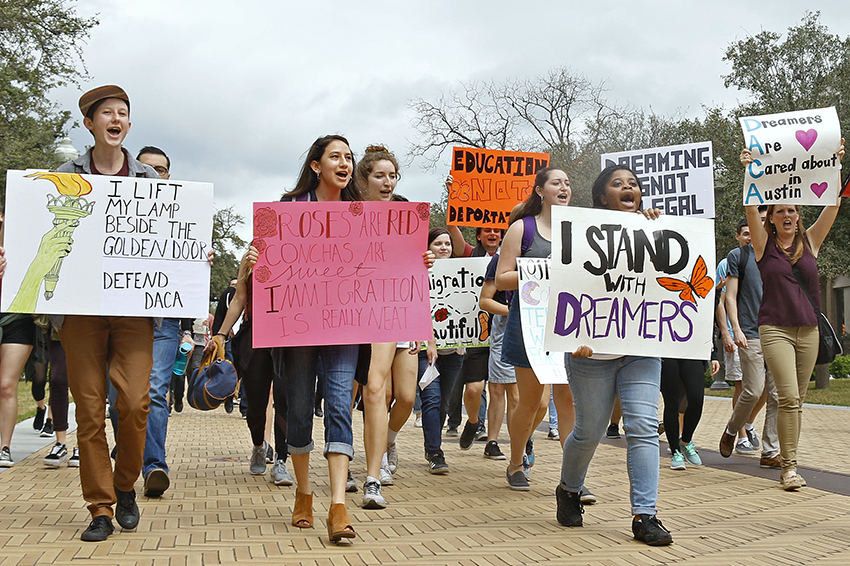The Student Government’s Food Security Agency hosted an inter-collegiate session on April 10 to review the goals and strategies of the Austin/Travis County Food Plan, which the city says is the first comprehensive food system plan for the Travis County community.
The Food Plan draft is the city of Austin Office of Sustainability’s effort to address food system issues, like how food is distributed, sold, consumed, wasted or recovered, according to the Office of Sustainability. The plan lays out specific strategies to tackle these issues and plans to use feedback from members of the Travis County community to improve it further.
The Food Plan’s vision emphasizes the importance of an equitable and culturally diverse food system, said speaker Sergio Torres-Peralta, the Food and Resilience Coordinator for the Office of Sustainability. He said the plan is broken down into nine goals outlining initiatives and programs to address current food issues in Travis County.
“The objectives (and) subsets of this vision (include ones that) talk about eradicating food insecurity, strengthening supply chains, improvement of (food access) in emergencies and investing in equitable access for food,” Torres-Peralta said.
However, the food plan does not explicitly mention food issues pertaining to college, said Paula McDermott, the director of Social Support Resource Development at Austin Community College. McDermott said the draft should address the multifaceted role of colleges in food access, which plays a part in the land, waste, nutrition and climate issues.
“Not just food access, but all of the parts of the food system at college,” McDermott said. “We have a lot of power in these different collegiate institutions.”
Food Security Agency co-director Dat Duong said institutions like UT need to consider that most students live off-campus and may face barriers to food access, including transportation or affordability.
“I have (witnessed) a lot of times how UT specifically, they’re very centered around their students who are on their campus,” Duong said. “They don’t look out and prod to the other areas where the majority of their student population live.”
One of the plan’s goals centers around barriers to food access, such as proximity, transportation and availability, according to the draft. Agency co-director Erica Howard said the implementation of food impact assessment fees would cover the possibility of new developments in Austin, presenting roadblocks to food by making construction developers pay these fees.
Torres-Peralta said the input of community members shapes the plan through comments on the plan’s survey. He said this insight helps create a more complete picture of the community’s food needs as they prepare to present the food plan to city officials.
“Our job right now is to help crystallize these strategies,” Torres-Peralta said. “Make them as juicy as possible, put them in front of city council and county commissioners by this summer, saying that these are the things that the community wants.”



